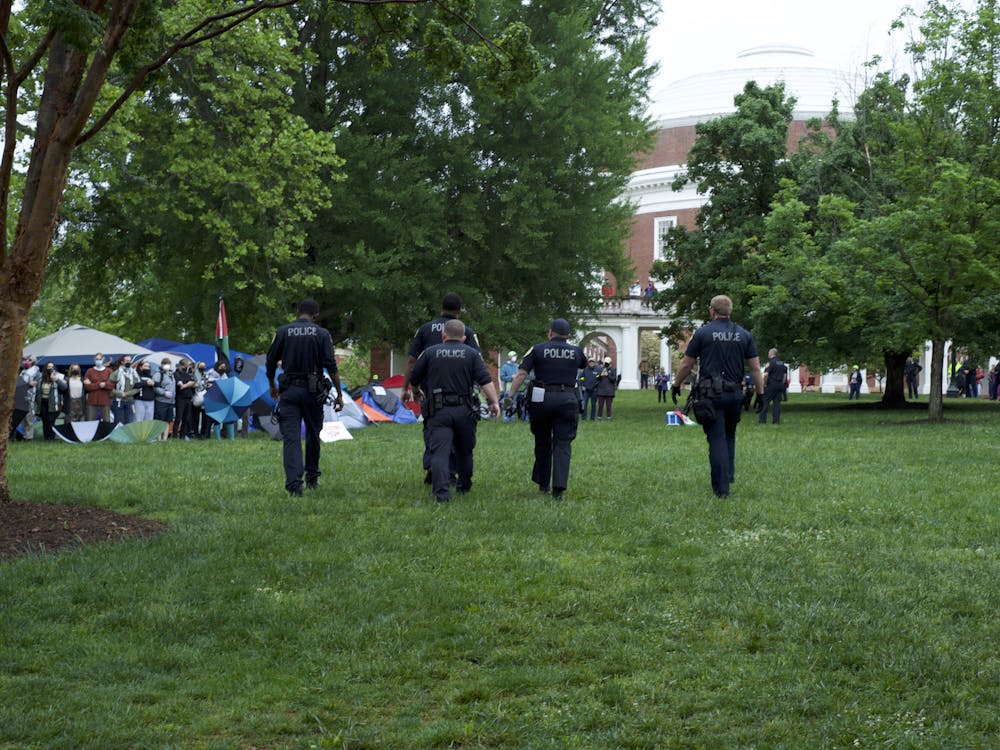This past Friday and Saturday, University Programs Council presented the movie “American Sniper” as part of its weekly movie series. The movie has been criticized for allegedly condoning anti-Muslim and anti-Middle Eastern stereotypes, and at the University of Michigan a showing was cancelled (and subsequently rescheduled alongside an education panel) because of the resulting student outcry. Compared to the University of Michigan — and in general — both UPC and the Muslim Student Association, which issued a response to the showing, demonstrated a good way to approach contentious art on a college campus.
When word of UPC’s showing spread at the University, the MSA — which is an honorary contractually independent organization under the Middle Eastern Leadership Council — released a statement. The MSA did not ask for UPC not to screen the film; it did not protest the event; rather, it expressed the sentiment that the film “could create an intolerant environment” and that UPC should “be conscientious of the implications that the viewing might hold.” The MSA requested a facilitated discussion on the movie’s depiction of Muslims and continued promoting Islam Awareness Week, which starts today and lasts until Apr. 24.
At the end of UPC’s screening Saturday, Sustained Dialogue facilitated a discussion between those who attended the film to discuss its impacts.
For the MSA to respond as it did could not have been easy — when offensive materials are presented in an academic setting (even, or perhaps especially, if by students), it is hard not to be angry, as many students at the University of Michigan were. But the reality of the situation calls for something like what Sustained Dialogue can offer. “American Sniper” was critically acclaimed and made over $540 million worldwide; it was the highest-grossing film of 2014 in the United States. If UPC did not show it, students can surely see it elsewhere.
It would be unrealistic to censor the showing of the film given its widespread viewership. Instead, by turning the viewing into an opportunity for dialogue about the state of Muslims in America and globally and how the film contributes to perceptions of Muslims, the MSA made it possible for the film to be contextualized. Students who may not otherwise question the presentation of Muslims and Middle Eastern individuals in the film had the opportunity to do so this weekend. In fact, it was probably better for students to watch “American Sniper” in this setting — a setting that ultimately forced them to think critically — than to see it at a movie theater where they may not view the movie the same way.
Censorship has its place, but if a movie is already being widely viewed in our community, we don’t achieve much by censoring that movie just on our Grounds. Making Grounds the central place for watching and critiquing such a movie can, instead, accomplish a lot in the way of spreading awareness, challenging preexisting beliefs and making audience members critical, and not passive, viewers. The MSA approached this situation in the most constructive way possible, and its response reveals what we should hope for college campuses — that they be a place of discovery, and not one of avoidance.




